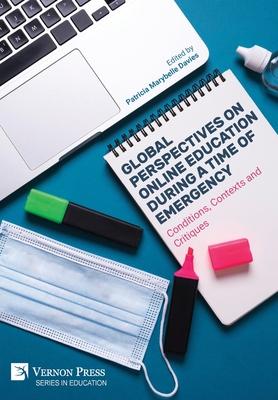'Global Perspectives on Online Education During a Time of Emergency' presents viewpoints on the unprecedented shift to online education as a result of the COVID-19 pandemic. It aims to broaden and deepen readers' understanding of studies that could better address academic issues related to teaching and learning online. The pandemic triggered the disruption of national educational systems and a rapid transition to online education, but there were few guidelines on how to proceed. Consequently, the role of educational technologies and distinctions between formal and informal learning became blurred (Greenhow & Lewin, 2016). This volume examines how educators adopted new pedagogical practices, adapted to flexible working environments, and tackled new technologies to maintain educational systems following the global outbreak of the coronavirus. It showcases innovative practices and critiques several learning theories of online education.
The chapters are developed using two main approaches: empirical investigations and reviews of existing research. The empirical chapters present significant new findings of broad relevance. The review chapters use established studies to describe recent developments of broad significance and highlight unresolved questions and future directions. The volume, as a whole, provides research-based insights on evidence on the contexts and conditions of the emergency transition to online education worldwide and useful recommendations on emergent directions in online education.
This is a vital text for educational researchers, technologists, and practitioners. It includes empirical data, theoretical questions, and methodological approaches addressing online education. The volume explores flexible learning, alternative pedagogical practices, and changes in digital environments, examining futuristic approaches at a crucial moment of global reform in online education.
